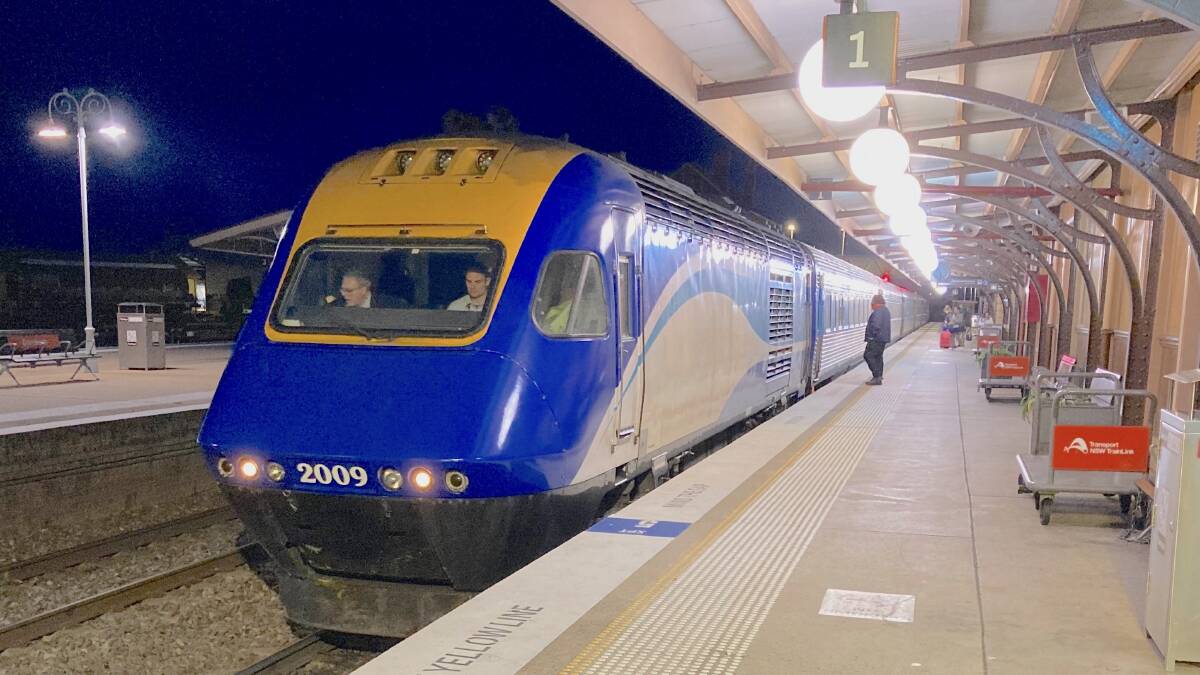
No coverage for 'No' vote
Whilst I understand that Pat Farmer running for the 'yes' vote may be news for some, I am disappointed that there is no corresponding news for the 'no' vote on the same page. My understanding of referendums was that the government would remain impartial while presenting an equal amount of facts and information for both sides. It would be good if the media had these principles, even when the government doesn't.
Subscribe now for unlimited access.
$0/
(min cost $0)
or signup to continue reading
Greg McGrath
Editor's note - we are actively seeking to cover people taking a 'No' stance to the referendum as our surveys suggest they hold the majority, but none have sought media coverage and others have chosen not to speak with us.
Confusion over the vote
Like many people, I am confused about this 'Voice to Parliament' referendum which we are being told to vote upon. I am still also confused on exactly how this will change Aboriginal way of life.
Surely, would it not be more beneficial to put the money that this referendum will cost, towards something more positive?
I would suggest that the government should finance and ensure the professional education of all Aboriginal children from five to 17, with the option of further tertiary tuition. This, plus greater input in health and housing, would ensure a far greater future for Aboriginals.
I cannot see a 'Voice to Parliament' being of much help to Aboriginals, particularly the young generation who want to feel part of this nation, contributing to our culture, sport and professionalism in all other areas.
Dr Paul Paviour OAM
Transport woes
As a weekly commuter from Goulburn to Sydney, I question if anyone in the NSW Transport bureaucracy has empathy for regional passengers.
The Goulburn-Sydney XPT train continues to be hampered by late running and cancelled services. Booking is difficult for Goulburn passengers because of a discriminatory policy that gives preferential treatment to Canberra passengers.
Being a public service, there should be equity for whoever books seats first. Often the coaches that replace the cancelled trains are poorly equipped - without toilets or broken toilets.
Many women and men have a raft of medical conditions that lead to an urgent need for toilets on these journeys. If NSW Transport cannot secure coaches with toilets, surely they can instruct drivers to stop where a passenger has urgent discomfort/need.
Is there not a duty of care? Refusing to stop, as per the coach August 26, and expecting passengers to wait more than 2.5 hours, is most unfair.
Damian Gleeson
Cutting emissions, saving time
I caught the XPT train from Melbourne to Goulburn recently. It arrived nearly an hour late. "This train is always late" said one of the long suffering and polite staff.
There are two reasons why this 160kmh train is always late, one short term one long term. In the short term it's because the ARTC is not doing its job. Between Cootamundra and Goulburn I stopped counting after 20 the number of speed restrictions due to poor track maintenance. Imagine if that happened on the Hume Highway. It's a disgrace.
The second reason is one of long term government negligent and indecision. The rail track is 150 years old and was designed for the steam era. Almost nothing has changed since the 1870s.
Australia is the only continent that does not have High Speed Rail, apart from Antarctica. Even Uzbekistan and Morocco have HSR and Indonesia is building one. Fifty years of talk and endless enquiries have come to nothing.
But we don't even need HSR to cut transport carbon emissions and get trains running on time. At a much lower cost the line could be modernised between Campbelltown and Junee. Straightening the line could get the Sydney to Melbourne time down to under 8 hours. That would improve both passenger and freight use, reducing both air and truck transport, even without electrifying the line, like Queensland have done from Brisbane to Rockhampton.
Both state and federal governments should also charge road freight on a cost recovery basis, making rail more price competitive. While freight trains often run half empty, the Hume Highway has been duplicated and large sums are being spent on continual repairs due to the big increase in both size and number of B-doubles.
As usual, it's a matter of political will. With a 2030 emissions target looking increasingly unlikely, transport is one of the most obvious areas where emissions can be reduced.
Peter Fraser
On social housing
I was pleased to see at last Council tentavily looking at social housing.
I was recently informed by a video recording of Council that Council was considering swapping a block on the corner of Howard Blvd and Gibson St with a block nearer to the river and the walking Track. I am concerned that despite the hype that no social housing will ever eventuate.
I support the provision of social housing and would like Council to confirm this is a locked in policy supported by a majority of Council and that competitive tenders or expression of interests will be called for in a timely manner for this most urgently needed social housing ,with a timetable and simultaneously that the block near the river will be dedicated as a park with accompanying facilities so that there is no nett loss of park facilities in the community.
Can I suggest that the park be called 'Yes Park' in recognition of our indigenous heritage in Goulburn.
Bob Stephens

